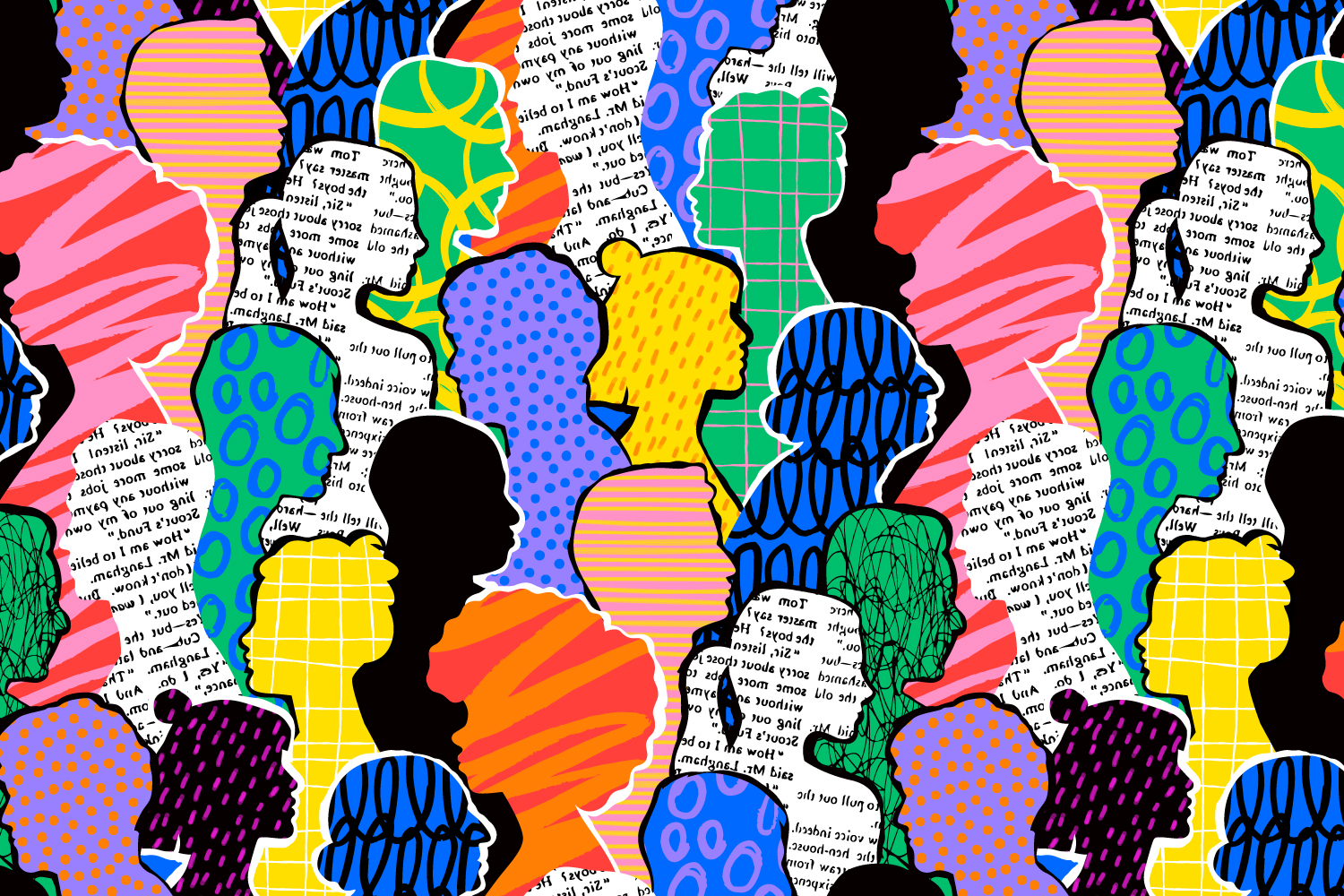Applying Lessons in Social Neuroscience to Community Building

By Mel Bearns
The term “belonging” means different things to different people, but the American Psychological Association defines it as “the feeling of being accepted and approved by a group or by society as a whole.” We belong when we feel connected and part of the group, and our need for belonging can be traced to our pre-human ancestors. We evolved social skills and a social brain to ensure we remained within a group — our source of safety.
Emma Sarro, PhD, is the Senior Director of Research at the NeuroLeadership Institute and will be one of the presenters at the Fuse 2024 Intensive. We asked her: How can infusing community create more memorable, valuable events?
“Community thinking and general peer-to-peer interaction is critical for both innovation as a group and general well-being,” Dr. Sarro replied. When people collaborate as a group, she said, they have the opportunity to gain a rich set of new perspectives, helping them to make decisions and come to insight or solve current challenges. Research has continued to show that diverse perspectives and thinking are key to performance. “On the other hand, the benefits of social connection are well-established. Not only does a rich social network boost well-being and cognitive performance, but it also fosters greater learning and memory of any event that includes a social component.”
Breaking Down Barriers to Foster Inclusion
Humans crave a sense of belonging where we can feel a part of something bigger than ourselves. What’s tricky, though, is that we can’t create a sense or space of belonging for someone else. What we can do is create inclusive spaces that give others an opportunity to belong, according to the recent NeuroLeadership Institute blog post “The Burden of Belonging.” “It’s a subtle difference that makes the aspirational actionable. Inclusion acknowledges that someone else ‘owns’ the space, while promising an intentional effort to expand that space for others by creating psychological safety.”
But not everyone is motivated by the same social factors. The NeuroLeadership Insitute has identified five key areas that make people feel either threatened or rewarded in social settings. Some people might be more motivated by status, while others crave certainty or fairness. Recognizing and filling those needs drives engagement, because when people’s brains are in a “reward” state, they are able to think more clearly and have more effective conversations.
One of the effects of the pandemic was to create a deep sense of isolation as we were forced to retreat to our homes and lose invaluable personal connections with our families, friends, and peers. Since then, we have sought to regain that sense of community and eagerly look for opportunities to socialize and forge meaningful bonds with others. This is where the power of events can truly be appreciated – by bringing people together in person we enable the opportunity for people to meet each other, form relationships, and build communities based on shared values and goals.
Are you ready to gain valuable insights and the know-how to design and execute more impactful events? Click here to register for the upcoming Fuse Intensive on September 18th at the National Union Building in Washington, D.C.
